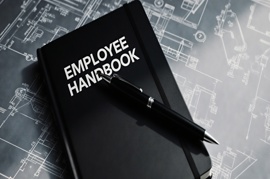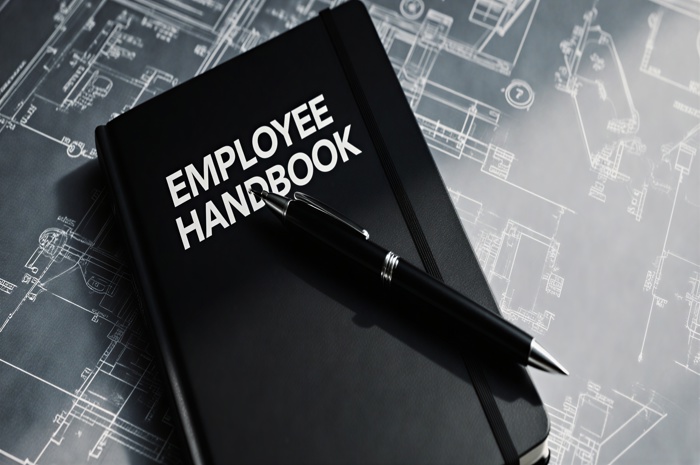The short answer to whether you can purchase a property through a limited company is Yes! A limited company can purchase properties because it operates as its own separate legal & tax entity. Thereby, allowing the company to own and control assets and be liable for its own liabilities such as a mortgage.
As the limited company is a separate entity, the limited structure protects the directors personal assets as the property is owned by the limited company but it is managed and maintainedby the directors. Therefore, if the limited company has an outstanding debt that goes unpaid the limited company is liable to repay the remaining amount of the debt and the directors personal assets are protected.
It is important to research whether buying a property through a limited company is the right choice for yourself and what you plan to do with the property. If you wish to learn more about some of the benefits and downsides of incorporating a property company we have a great article on our knowledge base that outlines these points clearly.
Costs Associated When Buying A Property Through A Limited Company
1. Stamp Duty Land Tax (SDLT)
- Buys a Freehold Property
- Buys a New or Existing Leasehold
- Buy a Property through a Shared Ownership Scheme
- Are transferred land or property in exchange for payment, e.g. you take on a mortgage or buy a share in a house
If you want to purchase a residential property through your limited company as a UK Resident the stamp duty land tax will be applied at the higher rate. The higher stamp duty land tax rates are as follows (stated from 31st October 2024):
Property Value/Lease Premium/Transfer Value (£) | Stamp Duty Land Tax Rate (%) |
| Up to £250,000 | 5% |
| Above £250,000 and up to £925,000 | 10% |
| Above £925,000 and up to £1,500,000 | 15% |
| Above £1,500,000 | 17% |
Example:
You are a limited company that is purchasing a freehold residential property on the 1st December 2024 that is valued at £700,000 and are looking to calculate the stamp duty tax that you would expected to pay when purchasing this property. The calculation for the stamp duty due on this property uses the stamp duty calculator provided by the GOV.UK website
Purchase Price Band (£) | Stamp Duty Rate (%) | Stamp Duty Land Tax Due (£) |
| Up to £250,000 | 5% | £12,500 |
| Above £250,000 up to £925,000 | 10% | £45,000 |
| Above £925,000 up to £1,500,000 | 15% | £0 |
| Above £1,500,000 | 17% | £0 |
| Total Stamp Duty Land Tax Due | £57,500 |
If you wish you can input the relevant information into the GOV.UK Stamp Duty Calculator to calculate the amount of SDLT that you would be expected to pay on the purchase of a property, this can be used if you are a UK resident or non-resident as well as if you are purchasing as an individual or as a company/partnership.
2. Legal Fees/Conveyancer Fees
Similarly to purchasing a property personally, there are substantial legal fees, also known as conveyancer fees. These can be some of the highest additional costs associated with the purchase of the property. The conveyancer fee is often a worthwhile expense as the solicitors will take charge of organising the stamp duty land tax payment, the writing of the contracts between the party purchasing the property and the seller as well as the final payment transfer for the property which could save you a lot of headache!
The legal fees could be from £700 up to £3,000, these fees can vary depending on whether there is a mortgage, the property value and the type of property being purchased (Leasehold or Freehold).
3. Surveying Fees
It is always a wise decision before purchasing a property to get it surveyed by a chartered surveyor. The chartered surveyor's will write a report after completing a thorough inspection of the property in question. This report will identify any issues with the property such as structural problems or major repairs that need to be carried out.
The cost for a home survey will depend on the size and value of the property but you can typically expect the survey to cost from £400 up to around £1,500, although the cost of the survey can end up paying for itself if the surveyor locates any issues with the property.
4. Mortgage Costs
If you wish to take out a mortgage to finance the purchase of a property through a limited company the mortgage lenders would typically require a larger deposit of between 15% - 25% of the properties value and they will also charge higher interest rates. The reason for the less than optimal mortgage rates is because a limited entity has reduced liability for a debt than an individual would. Therefore, the mortgage lenders see limited companies as higher risk.
Although the higher mortgage interest could seem negative, the interest expense on the mortgage is an allowable business expense and therefore can be deducted from the limited company's profits which can reduce down the corporation tax for the accounting period. This interest expense can only be deducted against the taxable income when you are a limited company, for those who own a property personally the interest on the mortgage cannot be used to reduce down your personal taxable income.
5. Additional Admin Costs
As a director of a limited company you will need to comply with the legal and regulatory requirements outlined for a limited company which requires additional admin and a more in depth understanding of accounting. The director of a limited company would also have additional responsibilities that must be abided by. If you wish to learn about what a company director does please feel free to read our article on our Knowledge Base. Some examples of the directors duties are to:
- Ensure the information stored with the Registrar (Companies House) is up to date. This should be updated any time the company information changes as well as the annual filing of a Confirmation Statement
- Filing annual accounts to Companies House
- Prepare and file a Corporation tax returns to HMRC and pay any corporation tax due
You can file your company's Annual Accounts, Corporation Tax Return and Confirmation Statements yourself through our filing software available at EasyDigitalFiling.com. Here we provide the easy to use templates for filing to both Companies House and HMRC, if you have any questions about this please feel free to contact us.





















